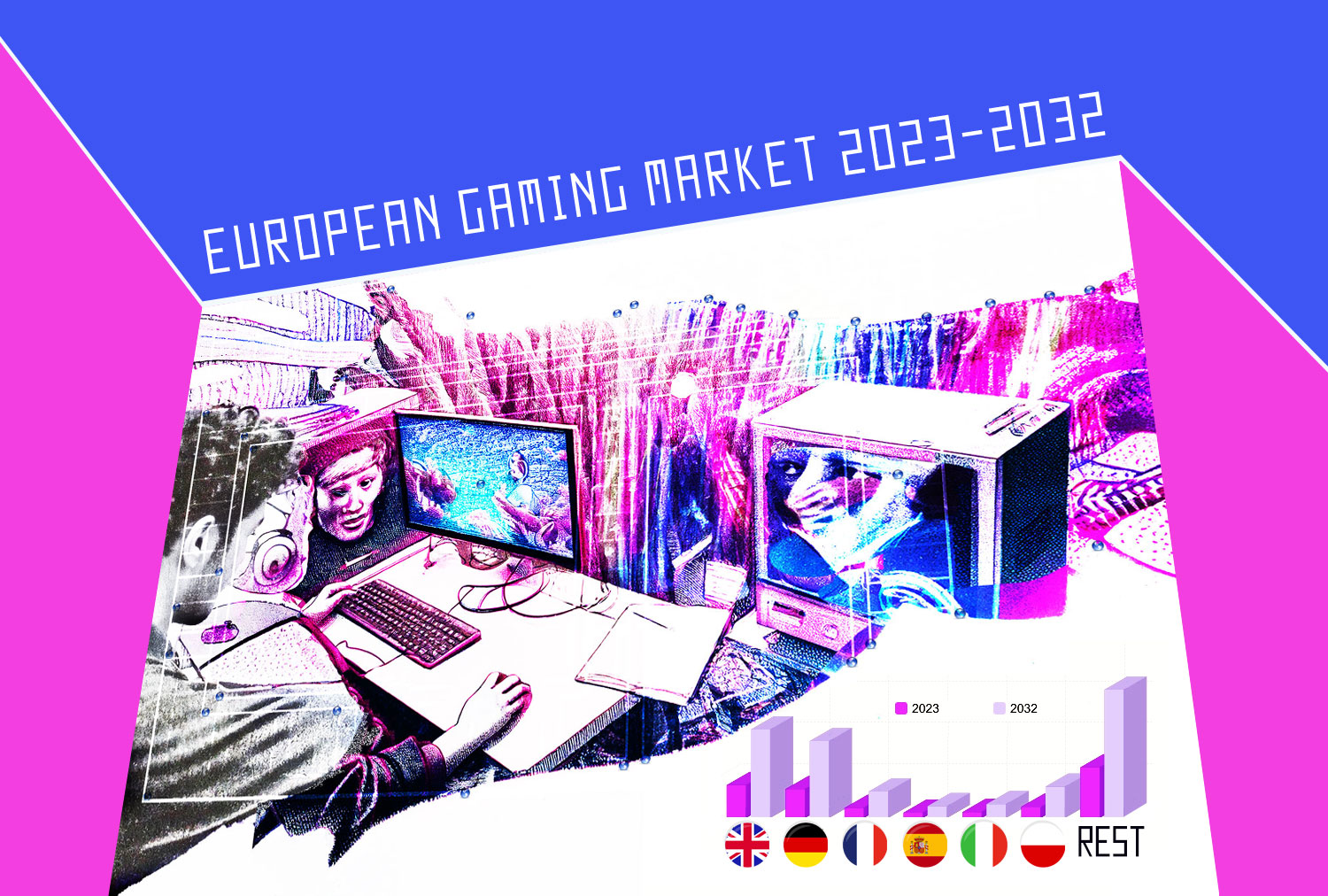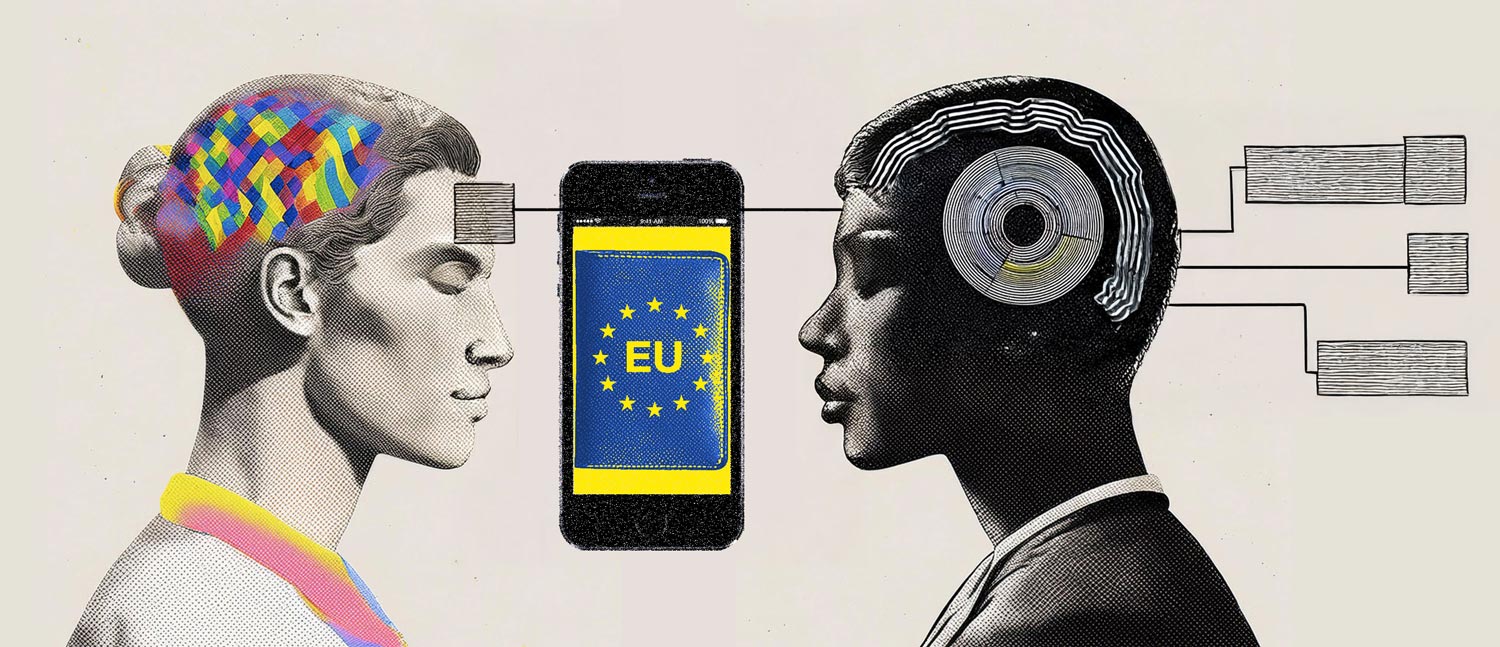Game Over?

Expert article by Falk Ebert
The underrated medium
Games are “pure gimmick” — according to a common verdict. Even this formulation contains a cultural reflex: a certain disdain for what millions of people do every day. Yet gaming is one of the most original forms of human interaction — deeply rooted in culture, education and community.
Digital games in particular are of enormous importance today not only culturally but also economically. Around 3.4 billion people play games worldwide — in Europe, the figure is around 450 million. The industry behind it generates around 188 billion US dollars annually. By way of comparison, this is more than music and film combined. Anyone who treats gaming as a niche ignores the media reality of billions.
Participate in the new leading medium?
Contrary to what many people think, even the typical gamer is no longer a fringe figure. The average age of players today is in their mid-30s, and anyone who plays often does so intensively: Players of the Counter-Strike shooter invested an average of over 1,000 hours in the game. Average Roblox players spend 2.4 hours a day there, which added up to a total Roblox usage time of over 60 billion hours over 2023.
Games are not just an apolitical pastime. They are an expression of social trends and reflect the cultural values of the creators — partly explicitly, partly implicitly through their game mechanics. If the share of European countries in gaming revenue remains low, it is therefore obvious to expect consequences that go beyond the economic sphere. In Germany, for example, only around five percent of revenue comes from domestic publishers. If you don't play along, you lose cultural influence.
Made in Europe?
The good news is that Europe has a gaming industry. Over a hundred thousand people in Europe work in the sector. There are creative studios, innovative titles, and international successes. Examples such as CD Projekt Red from Poland, Larian Studios from Belgium or Supercell from Finland show that quality can come from Europe. Successful (partial) European titles such as The Witcher, Baldur's Gate 3, Clash of Clans, but also German classics such as The Settlers and the Anno series illustrate the creative potential of the region.
But the market is tough. Studios in Europe are struggling with structural challenges: The games industry combines the most complex of two worlds — tech and creative industries. Europe is often not at the forefront in both fields. There is a lack of funding, talent protection and long-term industrial policy. The potential of games outlined above was only recognized too late in many countries — and then promoted without a strategic perspective.
Relevance, even beyond industry
Even companies that do not develop or sell games themselves should take a close look. Games can also play a role there in various dimensions.
- Players as a communicative target group: Brands can address gaming subcultures in a targeted manner — for example through eSports sponsorships or brand collaborations.
- Players as markets: Anyone who wants to tap into new target groups can address players as an independent market segment — with specific products or offerings, such as the gamer chair or gaming energy drink.
- Branded games: Own games, e.g. on platforms such as Roblox or Fortnite, enable companies to interactively experience complex messages.
- Branded content: Classic in-game marketing — in the form of product placements, for example — ensures visibility within existing game worlds.
Even for companies for which such a direct approach to the topic is out of the question, a look at the virtual worlds can be worthwhile. Game elements — such as progress displays, reward systems, or interactive storytelling — have long been used outside of games, e.g. in learning processes or loyalty programs. The keyword has been known for a long time: gamification.
Conclusion
Gaming is no longer a niche phenomenon. If we want to make Europe fit for the future economically, culturally and technologically, we should no longer dismiss games as gimmicks. Instead, actively address them — with the challenges, but also with the potential of the medium.
1 Newzoo (2024) 2 Playtrackers (2025) 3 Roblox Earnings Report (2024) 3 game e.V. (2023) 4 videogameseurope (2023)
Author: Falk Ebert

Expert bio:
Falk Ebert is a freelance consultant for strategy and innovation with
Focus on gaming. The 200 billion dollar market with its 3.4
Billions of users are still only limited by companies
used to place products and marketing messages.
Falk advises companies on how to exploit the enormous potential of
Be able to use the industry efficiently.
https://www.linkedin.com/in/falkebert/





